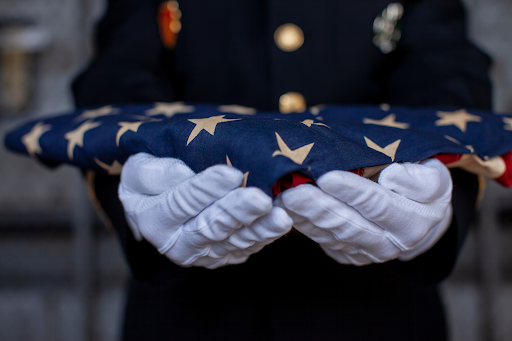Get the help you need right now 855-900-8437 Get Help Now
Get the help you need right now
855-900-8437
Get the help you need right now 855-900-8437 Get Help Now
September 10, 2019
It’s hard to believe that 18 years have passed since the worst attack on American soil that claimed the lives of 343 FDNY fire fighters, along with more than 3,000 Americans. While our nation honors all who were lost on 9/11, the 33rd IAFF Fallen Fire Fighter Memorial service on Saturday, September 21, in Colorado Springs, Colorado, will recognize 250 fallen fire fighters from the United States and Canada and add their names to the Wall of Honor. Anyone who has ever lost a friend, a crew member or family member knows what it means to grieve. Many never recover completely but learn to live with a new normal. We learn to cope with good days and accept bad, hopefully growing as people. Some of us transform the loss into something positive and life affirming.

| Grief | Complicated Grief |
| Waves of emotion come and go | Sadness, anger or despair are daily and persistent for several weeks |
| Desire to withdraw | Desire to withdraw |
| The individual feels comfort from social support, despite desire to withdraw | The individual is unable to feel comfort from social support |
| The individual has good days and bad days | The individual has mostly bad days |
| Daily functioning is mostly intact | Daily functioning is consistently impaired |
| Sporadic thoughts of death are tied to desire to reunite with the deceased, or a general curiosity about death | Recurring thoughts of death are tied to feeling worthless, undeserving or unable to cope |